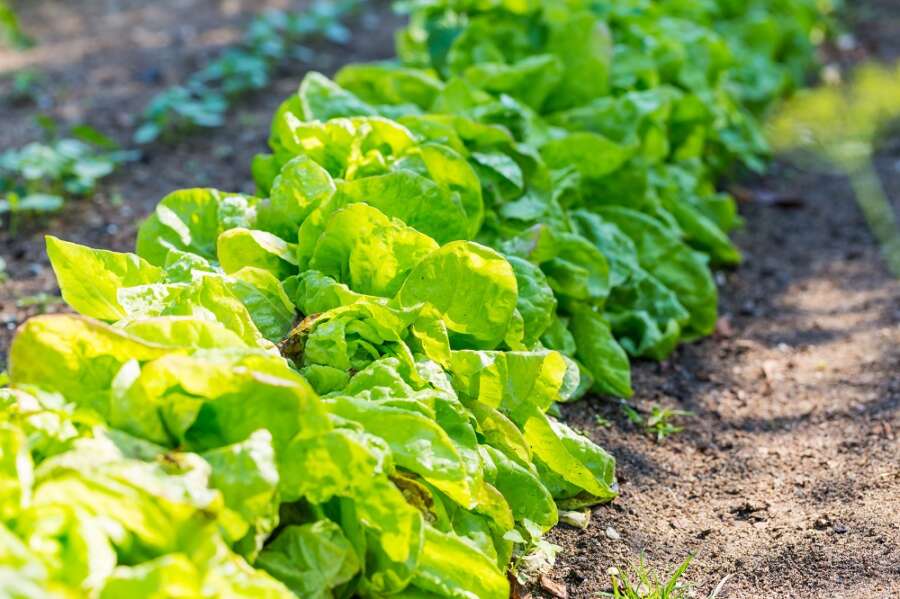Protecting the environment is more important than ever before and we are all making changes to help us live more sustainably. One fantastic way to contribute positively to the environment is to take a more eco-conscious approach to our gardens.
Here, Simon Hudson, Managing Director at Oxley’s, offers his top tips for creating a more sustainable garden.
- Grow your own:
During the pandemic, millions of us discovered the joy of growing our own food. In fact, Google searches for ‘vegetable patch’ rocketed by 75 percent during lockdown, with the trend still showing no sign of going away.
It’s no surprise, growing your own produce is fun for the all the family and is a fantastic way to introduce nutritious, organic foods into your diet. Growing fruit, vegetables and herbs in your garden can also have a positive impact on your personal carbon footprint. For maximum results, opt for fruit and vegetables that are usually imported from overseas, as these products have the highest emissions. Home growing your food will also reduce your reliance on products that include plastic packaging.
- Conserve water:
Gardening accounts for an incredible 70 percent of the UK’s water consumption during peak season, so it’s essential that we all do our bit to cut down on unnecessary water usage in our gardens. One simple way to do this is to check and fix any leaking taps or dripping hoses around your garden that might have gone unnoticed.
When it comes to watering your garden, swapping to a hosepipe with a trigger, rather than sprinkler system, will drastically reduce your water usage over time. To take this further, try collecting rainwater from gutters and pipes to use to water your plants.
You can also minimise the amount of water needed when watering by treating your soil with products that retain moisture. For example, products that contain biochar, a high-carbon form of charcoal, are proven to increase water-holding capacity by up to 22 percent. This means your plants will need watering far less frequently.
- Use permeable paving:
Believe it or not, the material you choose for your patio can have a big impact on how sustainable your garden is.
When choosing your paving, it’s essential to opt for a material which will protect the environment around it, rather than harm it. The best way to do this is to use permeable blocks or bricks. Non-porous asphalt is very likely to produce polluted run-off which can run into drainage systems, then into rivers and seas. By contrast, using more porous options, such as gravel or brick, will dramatically reduce the pollution produced by your property.
- Choose sustainable furniture:
To create a truly environmentally friendly garden, it is also important to opt for furniture that has been created in a sustainable way.
Identifying the materials that offer the most eco-conscious solution can be challenging. For example, wood and stone are often considered to be sustainable. However, the sourcing and processing of both these materials can have a big impact on the environment.
Cast aluminium garden furniture, on the other hand, offers an incredibly environmentally friendly solution for garden furniture. It is long-lasting, meaning it won’t need replacing like its wooden counterparts. Plus, it is 100 percent recyclable, making it one of the most sustainable materials in existence. In fact, 75 percent of all the world’s mined aluminium is still in use. Plus, because it doesn’t wear when exposed to the elements, it is very low maintenance.
For more advice on creating a more eco-conscious space, read our full list of tips for creating a sustainable garden.
